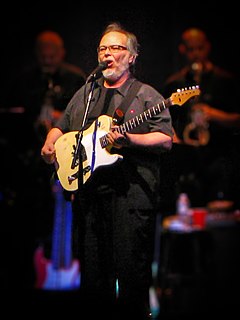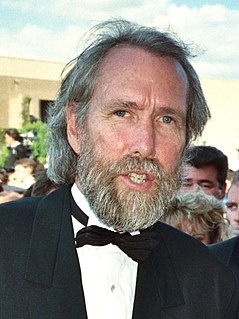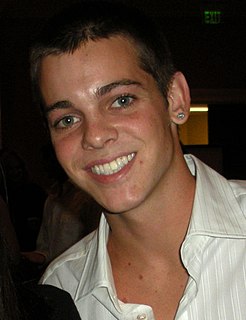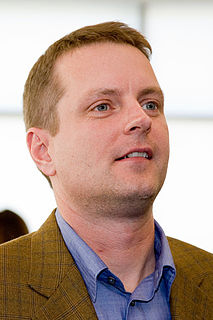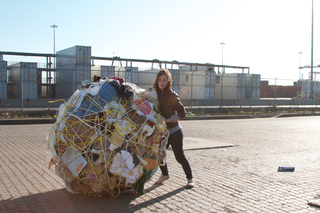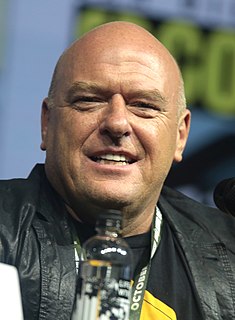A Quote by Michael Sandel
When I arrived at Harvard, I wanted to design a course in political theory that would have interested me, back when I was started out, in a way that the standard things didn't.
Related Quotes
If there is a well thought-out design standard, it should be followed. In practice, great design comes from great designers. That is empirically the case. If a great designer did a first-rate standard, that model should be followed. Great design is not democratic; it comes from great designers. If the standard is lousy, then develop another standard.
I started to begin to be interested in architecture and design when I was 14 years old, which was pretty early in life. And then I would start to look at architectural magazines and I eventually went to the school of architecture too, but one of the things I learned very early is that an architect should be able to design anything from a spoon to the city.
Along with a lot of other things, becoming a Bob Dylan fan made me a writer. I was never interested in figuring out what the songs meant. I was interested in figuring out my response to them, and other people's responses. I wanted to get closer to the music than I could by listening to it - I wanted to get inside of it, behind it, and writing about it through it, inside of it, behind it, was my way of doing that.
I wanted to make a site where I wasn't mailing physical things to people, but I was still giving people things, and I would have this relationship with that person, and if that person was interested in the object, they would have to email me and I would send that object digitally to them. So, I wanted the relationship with that person, however brief, and I wanted to spread the digital record of the things I have.





